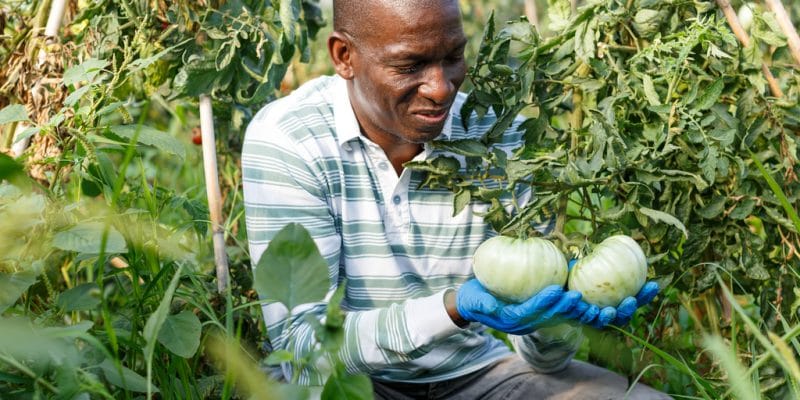The Institut de la Francophonie pour le développement durable (IFDD) has selected nine sustainable innovations in Cameroon and the Democratic Republic of Congo (DRC). The grants, worth a total of €2.7 million, will enable the development of 120 projects in the fields of sustainable agriculture, biotechnology, eco-construction and biodiversity preservation.
After its call for projects in February 2022, which had awarded six projects, two of which focused on mitigating the effects of climate change in the Democratic Republic of Congo (DRC) and Cameroon, the Institut de la Francophonie pour le Développement Durable (IFDD) is awarding nine new sustainable innovations in these two Central African countries. This is part of the Project for the Deployment of Environmental Technologies and Innovations for Sustainable Development and Poverty Reduction (PDTIE) in the Congo Basin.
For its second phase, the joint initiative of the Organisation of African, Caribbean and Pacific States (OEACP), Kongo University in the DRC, Eden Africa and Engineers Without Borders (EWB) in Cameroon, is providing financial support worth a total of 2.7 million euros from the European Union (EU) to set up two laboratories for the production of innovations in renewable energies and waste recovery.
“I am particularly pleased that the actions target strategic sectors such as sustainable agriculture, agro-industries, biotechnology, digital technologies, renewable energies, waste recovery and ecological construction, all of which are priority areas with high added value in the region,” says Alphonse Waguena, the representative of the Organisation internationale de la francophonie (OIF) in Central Africa.
Support for 120 sustainable innovations
Of the nine innovations selected, the Institute of Agricultural Research for Development (IRAD) came out on top, receiving a grant of €180 000 for its initiative to improve family farming production and reduce poverty. 175,000 for the implementation of an inter-university green innovation cluster to combat antimicrobial resistance.
The programme has also enabled several institutions to forge partnerships to merge ideas in the Congo Basin, which is the world’s second largest ecological lung after the Amazon in Latin America. This is the case of the project “Vulgarisation des technologies et innovations pour un développement durable par forêts et développement rural” (Extension of technologies and innovations for sustainable development through forests and rural development), which is being implemented by Cameroon. Its implementation, at a cost of 150,000 euros, will benefit from the technical support of several platforms such as Ecosystèmes et Développement in Cameroon, Synergie des amis du Kivu and the Fonds de promotion de l’agripreneuriat congolais in DRC.
Read also-AFRICA: a 4th call for projects from the OIF for CSOs that promote the SDGs
In addition, some actors from the communication and cinema sectors were encouraged by the jury to the tune of 150,000 euros. These include the association Action pour la promotion de la presse indépendante au Congo (DRC) and the Institut national des arts de la RDC, whose production and broadcasting of scenarios on climate change was carried out in synergy with the Association des réalisateurs documentaristes camerounais and the Cameroonian television channel Sud Plateau (a cultural web TV based in France), under the coordination of the University of Goma, located on the north shore of Lake Kivu in the DRC.
Benoit-Ivan Wansi






